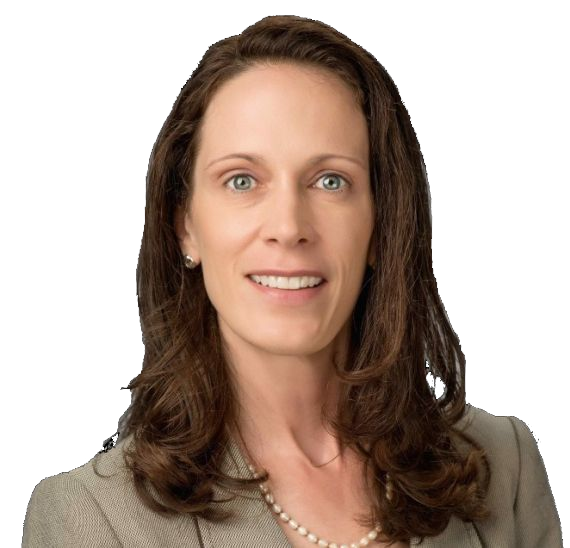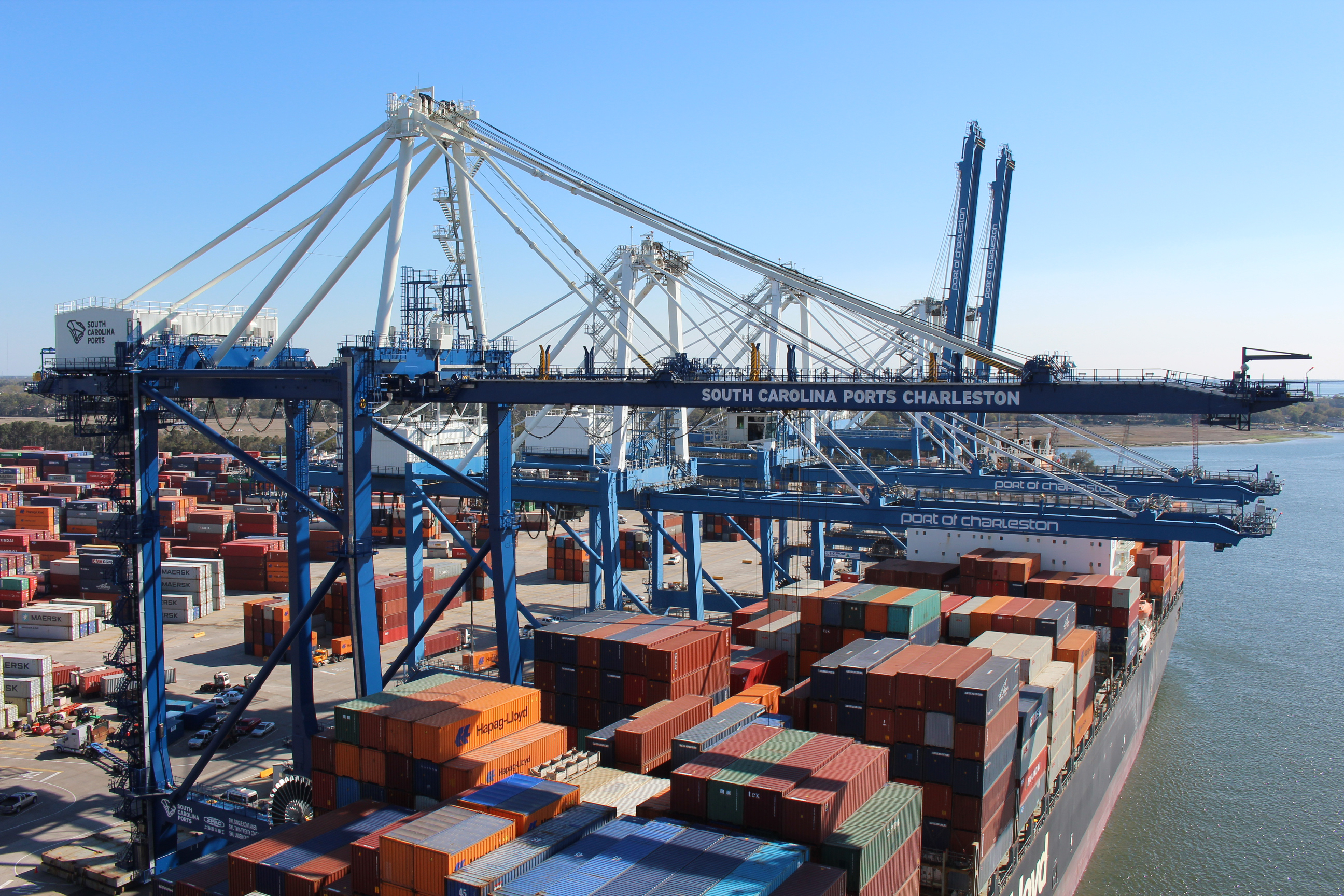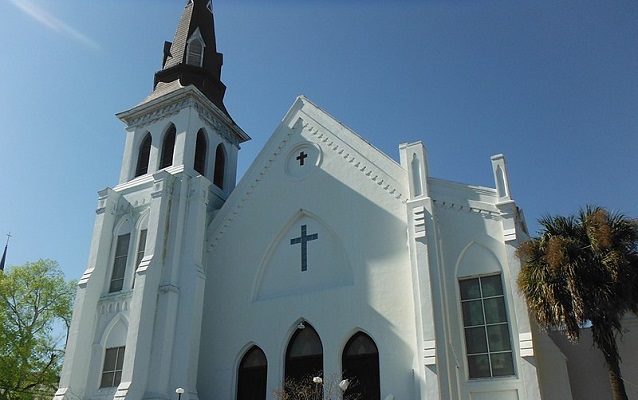The Crisis That’s as Big as V.C. Summer
This op-ed appeared in The State newspaper on December 8, 2017.
It is a colossal disaster in both expense and scope, with multiple entities and partners responsible. In hindsight, it is obvious that poor decisions were compounded year after year, clear warning signs were ignored, and annual Band-Aids were applied rather than committing to the actual treatment required. Now, no matter what the outcome, South Carolina is in an untenable situation, and the poorest among us are going to get hurt the most.
I’m describing the expansion at the V.C. Summer nuclear generating station, right?
Yes, the facts fit V.C. Summer, but every statement also describes South Carolina’s broken tax system. It’s the crisis you probably haven’t heard of.
Like the nuclear catastrophe, no single element is to blame for the fiscal crisis. Several factors are converging to create another perfect storm for the Palmetto State.
- Our tax base has significantly eroded, and it continues to shrink every year. Of all South Carolinians who file state tax returns, 42 percent pay no income tax, up from 27 percent in 2000. The percent of retail goods subject to the sales tax has shrunk to 34 percent, down from 48 percent in 2002. The number of properties subject to full property millage rates has plummeted. These declines have been caused in part by an ever-growing number of legislatively created exemptions secured for special interests.
- As the tax base erodes, higher and higher tax rates are required to maintain revenue and fund state obligations. Forty-one percent of taxpayers are subject to the Southeast’s highest marginal tax rate of 7 percent. Our statewide sales tax rate has doubled since its creation in 1951, to 6 percent. This does not include local sales and hospitality taxes, which can add as much as 5 percent more, depending on where you live. Nor does it factor in various fees — like the recent gas tax increase. And even after multiple legislative attempts to provide property tax relief, per-person property taxes have increased 31 percent in real, inflation-adjusted dollars since 1993. Our citizens most hurt by unequal property tax growth are apartment renters and small business owners, who can pay three times more than residential properties.
- As rates increase, the hardship becomes greater on those who do not have exemptions, which leads these taxpayers to petition for tax relief, which leads to further erosion of the tax base, which leads to even higher rates and new fees …. And on and on it goes.
North Carolina simplified the tax code, lowered rates and broadened the base — the exact opposite of what South Carolina has been doing.
This infinite loop in which we are stuck has created a tax system that is unfair, is unsustainable and stifles our economic growth and competitiveness as a state. And we do face a competitive disadvantage across state lines, with the highest tax on commercial property in the Southeast (and the seventy highest in the nation). For automobiles, we have the sixth highest property tax rate nationwide. And for industrial tax rates among each state’s largest cities, Columbia is the highest in the country.
We are not alone. Outdated, inefficient tax codes plague most states. Since 2010, nearly half the states have established commissions to examine how to restore tax equity and competitiveness. Several have had the resolve to implement solutions. Facing similar challenges, our neighbors (and closest competitors) in North Carolina overhauled their tax code in 2013. Their strategy was straightforward: Simplify the code, lower rates and broaden the base. In other words, the exact opposite of what South Carolina has been doing.
Overhauling our broken, outdated tax code is the single most important thing we could do to boost South Carolina’s long-term economic competitiveness.
Tax reform based on fundamentals — to raise funds necessary to finance government services with minimal economic distortions — will simultaneously provide efficiency, fairness and sustainability for the future. Overhauling our broken, outdated tax code is the single most important thing we could do to boost South Carolina’s long-term economic competitiveness.
But to achieve real, substantive tax reform, policy makers need a roadmap, good information and determined leadership. That is why over the past two years, I have worked with Palmetto Promise Institute to create an interactive modeling tool that uses actual S.C. data to show policymakers what is possible and project the impact of recommendations.
This is just the first step in a process that is difficult, complex and easily demagogued. But if our leaders lead, we can achieve fairness for our hardworking citizens, stability to fund our promises and essential government services, and economic growth that will create the jobs and opportunities of tomorrow.
The future prosperity of our state and our people depends on it.




